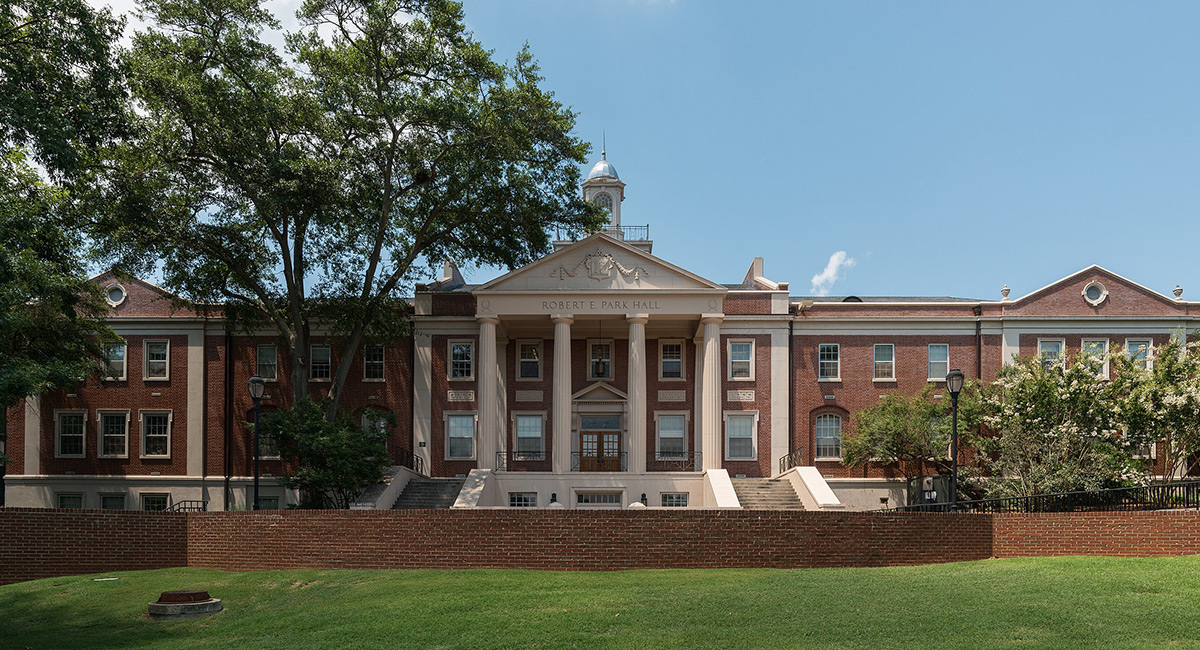Public policy decisions are often confounded by having to face hard trade-offs and by the law of unintended consequences. This is illustrated now in Georgia. The University System of Georgia, a governing board over the 28 public colleges and universities in that state, has approved new regulations regarding post tenure review of faculty that has concerned faculty, the national American Association of University Professors (AAUP) and even the Foundation for Individual Rights in Education (FIRE) up in arms. What’s all the brouhaha about?
First, what are the arguments for and against academic tenure? On the pro side, tenure greatly increases the ability and willingness of faculty to speak up on consequential issues—it is a tool supporting free expression—the very fundamental first principle of higher education in the post-Enlightenment era. Also, for the faculty, it is a valuable fringe benefit—providing job security in a society where jobs are constantly being both created and destroyed.
But tenure imposes costs—sometimes substantial ones. It creates huge fixed costs on colleges, making it difficult for them to reallocate resources to alternative uses as academic demand shifts. In an era of falling enrollments, it can contribute to the financial demise of institutions. Also, some professors get lazy and do little work after getting tenure, becoming less effective.
Tenured professors now teach less than half the classroom instruction of American college students. Expensive faculty (tenured teachers) have been replaced by cheaper adjuncts, graduate students, etc. Enrollments are falling. Faculty bargaining power has declined. At many schools a surging administrative bureaucracy is running things, and faculty are increasingly viewed as an annoyance rather than an important partner in “shared governance.”
Adding to professorial woes: the “birth dearth.” Many current freshmen were born in 2003—when the number of babies was less than it was 43 years earlier, in 1960, during the Golden Age of American higher education. Foreign students are immigrating less, partly because of the pandemic and tougher government restrictions, partly because of surging competition from improved universities in other countries. And the value proposition of attending college seems to have eroded—too many students end up heavily indebted and underemployed. Going to college is riskier than it used to be the case. Finally, the political atmosphere regarding support of colleges has cooled considerably, especially in relatively conservative states like Georgia. Polls show public support of colleges has waned considerably, I think because the woke progressivism at many universities does not sit well with the public.
Today (October 14), the full Board of Regents in Georgia is expected to approve a new post-tenure review policy. The AAUP claims the new policy “almost certainly undermines academic freedom.” They assert that the burden of proving the case for continued employment will shift from the university to the faculty member, who now will have to make the case for retention. Additionally, the criteria for evaluating faculty performance will be expanded to include student success—is the faculty member in question contributing to the ultimate academic and perhaps postgraduate career success of students?
I have family with degrees from multiple Georgia schools, and one is even attending one now. I am not sure the right tenure policy for the flagship campus of the University of Georgia or for Georgia Tech, both institutions with high research support and expectations, are the same as that for Georgia College or Kennesaw State University, with a somewhat different academic mission. Are state coordinating boards an instrument for promoting efficiency and reducing needless duplication, or are they impediments to innovations, barriers to competition, and expensive annoyances?
In some states, the answer for some faculty is to promote full-blown unionization. Personally, I believe the potential effectiveness of that weapon is very limited, as the ultimate financial problems underlying the declining faculty role cannot be solved by a union—unions cannot effectively negotiate higher taxes or state support, for example.
I am a faculty member whose contrarian views angered governors and other powerful policies, for whom tenure provided peace of mind and job security. But if I were to predict what American higher education will be like, say 20 years from now, I would say tenure, if not dead, would be on life support.













